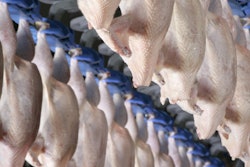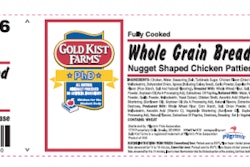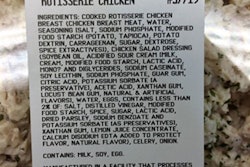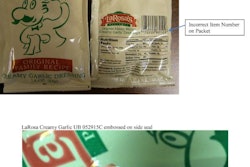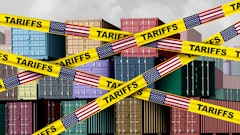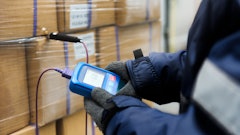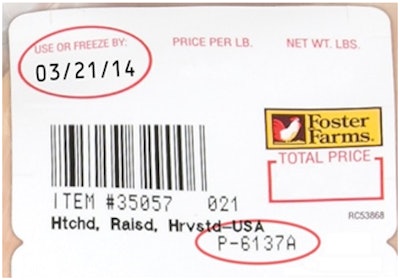
In cooperation with the U.S. Department of Agriculture (USDA), Foster Farms is initiating a voluntary Class I recall of fresh chicken products sold under the Foster Farms or private label brand names produced in March with varying “use or freeze by” dates ranging from March 16, 2014 to March 31, 2014 and Sunland frozen chicken products that have a "best by" date of March 7, 2015 to March 11, 2015 due to the potential presence of Salmonella Heidelberg. Only products made in California within this specific March timeframe and with plant codes of P-6137, P-6137A and P-7632 are involved. Fresh Foster Farms branded chicken products in grocery stores today are not involved. Individually frozen bags of chicken sold at retail are not involved.
This recall is prompted by a single illness associated with a specific fresh chicken product, but in the fullest interest of food safety, Foster Farms has broadened the recall to encompass all products packaged at that time. Foster Farms regrets any illness associated with its products.
This voluntary recall involves chicken produced during select March dates at Foster Farms’ California facilities. These products were distributed in the following states: California, Oregon, Washington, Utah, Hawaii, Nevada, Arizona, Oklahoma, Kansas, Idaho and Alaska. Retail customers have been notified. Consumers are advised to discard or return affected product to the place of purchase. A full list of involved products is on www.FosterFarms.com/March2014ProductRecall.
Products recalled:
Fresh chicken products sold by retailers under Foster Farms or private label brand names, with varying “use or freeze by” date ranges of March 16 to March 31, 2014, and a Plant code of P-6137, P-6137A or P-7632; and Sunland Frozen Chicken products with “best by” dates from March 7, 2015 to March 11, 2015.
In October 2013, the U.S. industry average for Salmonella in poultry parts was 25 percent. At that time, Foster Farms began implementing a multi-hurdle program designed to reduce Salmonella at each stage of the production process – from ranches where the birds are raised, to the plants where they are processed. By March 2014, when these products were produced, Foster Farms Salmonella prevalence levels companywide were less than 10 percent. Additional improvements since March have reduced Salmonella levels to less than 5 percent.
Experts agree that even with very low levels of incidence, the poultry industry cannot completely eliminate the risk of illness. All raw chicken must be properly handled to avoid cross contamination and fully cooked to 165 degrees to ensure safety.
The company now leads the industry in reducing incidence levels of Salmonella. As a result, Foster Farms is leading a specialized U.S. poultry industry working group dedicated to further reducing Salmonella during the second stage of processing, after whole birds are divided into parts. Foster Farms is actively sharing its learnings with other producers in the food industry for the benefit of consumers nationwide. Through its collaboration and data sharing with the USDA, the company is helping to set the new industry standard.




